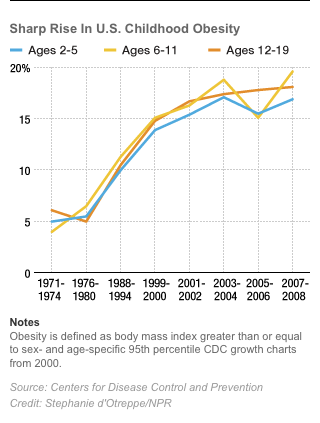Also, your quotation from the Princeton article is misleading
no, it is not. regardless of their results, they are all contingent upon their test conditions. different conditions, different results.
These statements seem contradictory.
I cannot prove that HFCS has effects a or b or c and neither can you.
What I do know is that more and more food is sweetened with it than before, meaning you will encounter it more often without changing your diet from say 20 years ago.
I've also read that due to HFCS being metabolized differently, one effect it may have is that it doesn't suppress appetite like regular sugar, or at least not in the same way. When you consume regular sugar, your body recognizes it as energy consumption and halts or reduces the feeling of hunger because it's getting what it wants. With HFCS, it's possible that it doesn't have the same effect, or at least to a lesser degree, on appetite, meaning if you consume sugar in the HFCS form, you may continue to eat even though enough calories have been consumed.
